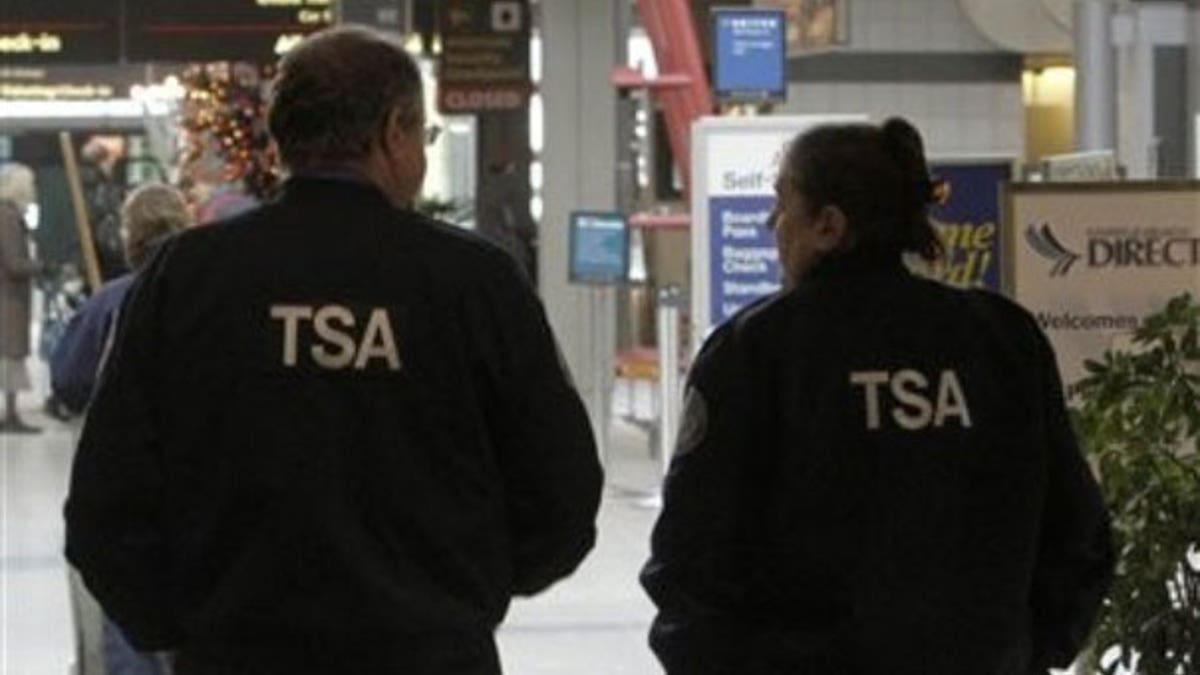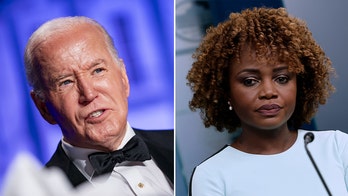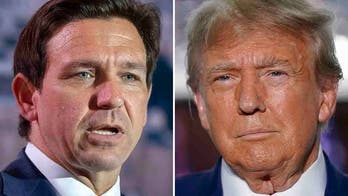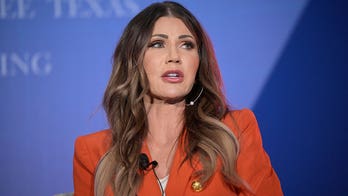
The Department of Homeland Security's Transportation Security Administration has withdrawn subpoenas ordering two journalists to turn over all documents and e-mails related to how they obtained TSA security regulations that temporarily restricted passenger movement and activities on international flights.
The security directive was issued in the wake of a failed terrorist attack on a Northwest Airlines flight on Christmas day.
The TSA informed Chris Elliott and Steve Frischling, two travel bloggers, on New Year's Eve that the subpoenas the agency had issued Tuesday were being withdrawn. An agency spokeswoman said that the subpoenas were being rescinded because the investigation into the leak of the security directive was "nearing a successful conclusion."
The TSA also offered to buy Steve Frischling a new computer, according to Elliott, who posted the latest developments about the leak investigation and the delivery of his own subpoena on his Web site. Frischling said in an interview Wednesday that his computer had been corrupted after he had turned it over to the TSA in response to the subpoena.
Both Elliott and Frischling had published the TSA's new security measures on their Web sites. The security restrictions, which the TSA had disseminated widely to thousands of travel industry representatives and to many of its own 50,000 employees, were quickly ridiculed by bloggers, news organizations and security experts as an overreaction that was potentially counter-productive.
On his Web site Thursday night, Elliott said he had declined to turn over his e-mails or computers when federal agents appeared at his house armed with a subpoena Tuesday night. He said that he had received word that the subpoenas were being withdrawn hours after the TSA agreed to a two-week extension on its demand for his cooperation with its investigation. On his blog, Elliott wrote that he had also "signaled" his intention to the agency to "challenge the subpoena in federal court next week."
Elliott said that both he and his attorney, Anthony Elia, were pleased by the TSA's reversal.
On his Web site, Elliott posted a letter from John A. Drennan, deputy chief counsel of enforcement for the TSA, informing Elia that the subpoena was being withdrawn because it was "no longer necessary."
Elliott said that he had spoken to his fellow travel blogger, Frischling, who told him that he also relieved to be "off the hook" and pleased by the agency's offer to buy him a new computer.
"Needless to say, I'm delighted by this turn of events," Elliott wrote. "TSA did the right thing by withdrawing its subpoena. Perhaps it has bigger problems to worry about?"
He was alluding to the fact that the Department of Homeland Security, which oversees the Transportation Security Administration, has been working feverishly on a report that President Obama ordered following security and intelligence lapses that had permitted a 23-year-old well-connected Nigerian to board and nearly destroy a Northwest Airlines plane traveling from Nigeria via Amsterdam to Detroit Christmas Day. The TSA and the homeland security agency which overseas it were already under pressure for having permitted Umar Farouk Abdulmutallab to board an American flight after his own father had warned the U.S. embassy in Nigeria that his son might be dangerous.
In response to Abdulmutallab's alleged effort to destroy the aircraft, the TSA issued a set of draconian restrictions that it was quickly forced to begin retracting in the face of protests and ridicule. Among other things, the restrictions barred passengers from going to the bathroom an hour before arrival on all international flights and prevented them from holding pillows, blankets and personal possessions on their laps for at least the last hour of the flight.
Elliott, who first published Security Directive SD-1544-09-06 and writes a travel column for The Washington Post, said he had been surprised and intimidated by the TSA visit and being served with the subpoena.
Frischling, who runs a travel Web site called "Flying with Fish" and who published the directive minutes after Elliott, said in an interview that he had only turned over his computer to the two federal agents after having been threatened with more severe legal action if he did not comply.
The subpoenas issued by the DHS's travel safety agency warned that failure to comply made the recipients "subject to fines" and "imprisonment for not more than one year," or "both."
Lucy Dalglish, the head of the Reporters Committee for Freedom of the Press, called the subpoenas "ridiculous" and said that the DHS's actions demonstrated the need for a federal shield law to prevent journalists from being jailed for protecting their sources. Legislation establishing such a law is moving through Congress and has now been supported by the Obama administration.




